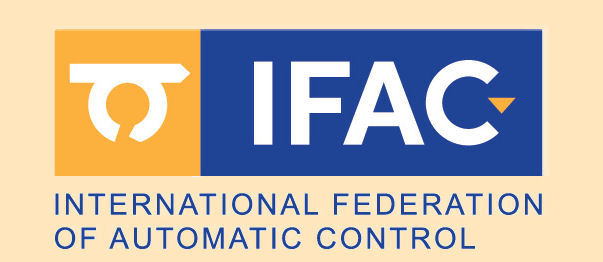
 |
||
CPES 2024 Paper Abstract
| |||||||
|
Technical Content Copyright © IFAC. All rights reserved. |
|||||||
 This site is protected by copyright and trademark laws under US and International law.
This site is protected by copyright and trademark laws under US and International law.All rights reserved. © 2002-2025 PaperCept, Inc. Page generated 2025-10-28 06:20:16 PST Terms of use |
|||||||